Compositions of Muddusvami Dikshitar in National and International Scripts: Devanagari & Roman with meaning and SRGM notations in English
From time to time this fabric of spiritual unity is reinforced by the presence and influence of poets, philosophers and saint singers whose contributions have upheld this faith. Among the composers of South Indian classical music, the Trinity of Karnatak music, namely Muddusvami Dikshitar, TyagarajaSvami and SyamaSastri rank supreme over all composers at all times. This is because they were not only the great masters of the art of music but were great saints leading a life or pure devotion and renunciation. The compositions of Dikshitar can be compared to a castle with all its paraphernalia. His composition are in praise of numerous Gods and Goddesses, are full of devotional, philosophical, literary, historical, mythological, and astrological details. For this purpose, he employs apt Sanskrit words and phrases. The musical content of his compositions is of the highest order dealing with all the 72 Melakarta-s. He, presents before us, the original classical Indian music of the greatest quality with its majesticity, grandeur, and splender. The purpose of this Book: (1) To present the correct-authentic-text of the Compositions of Muddusvami Dikshitar in nationaland international scripts viz. devanagari and Diacritical Roman, to reach the maximum number of people all over the world. (2) To provide a free style gist sufficient to understand the meaning of the song enabling effective rendition. It is essential for the singers as well as the listeners to know this, in order to derive the optimum from the great compositins. About the Commentary. So Far, in the available sources, the commentaries in English have taken either the form of an essay or word to word translation. Though the essay type of commentaries highlights the meaning of the song in an interesting manner, they are at times prone to be blended with subjective imagination. Even the great scholars differ in the interpretation of the meaning and therefore the meaning given is subject to difference of opinion. However after compiling almost all the available important publications with us, we have prepared a free style gist as we thought appropriate. Minute care has been taken to give the meaning in the order of Pallavi, Anupallavi and Carana; where at certain places, when we felt the insufficiency due to different meanings for the word, the same Sanskrit word has been mentioned in the meaning. A large number of such words found in the compositions are listed in a glossary at the end of the book with its corresponding suitable meanings in detail befitting the context of the songs. About the Uniqueness of this Book: A collection of 472 compositions in one volume has been made available for the first time in Devanagari and Diacritical Roman scripts with English translation followed by SRGM notations in Roman script, reaching all corners of the globe. All compositions are presented in a format revealing the beauty at a glance of its poetical excellence of rhymes etc. besides Raga, Arohana, Avarohana, Mela, Taha, and Visesha prayoga-s wherever necessary. All the songs are indexed in respective alphabetical order in English as well as in Devanagari scripts to help quick spotting of the songs sought at the end of the book. Since most of the compositions of Dikshitar are on different deities of different temples at different places, a separate chart is given under the Classification of songs for ready reference.
Get it now and save 10%
BECOME A MEMBER
-
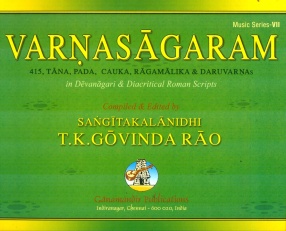
Varnasagaram: 415 Tana, Pada, Cauka, Ragamalika and Daru Varnas
-
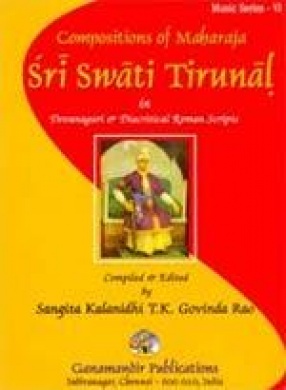
Compositions of Maharaja Swati Tirunal in Devanagari and Diacritical Roman Scripts with SRGM Notations and Meaning in English
-
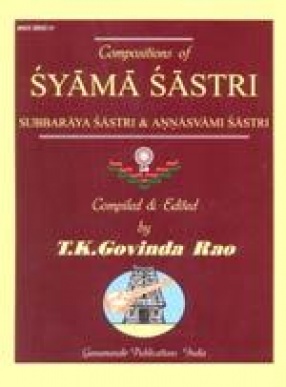
Compositions of Syama Sastri: Subbaraya Sastri & Annasvami Sastri in National and International Scripts: Devanagari & Roman with meaning and SRGM notations in English

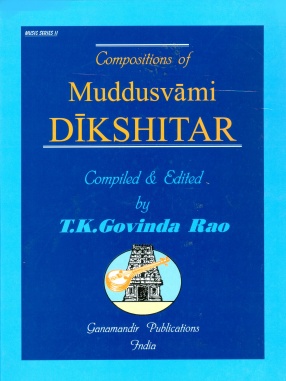
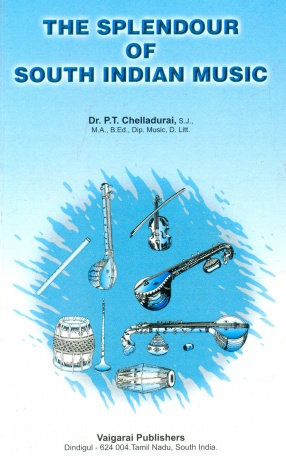
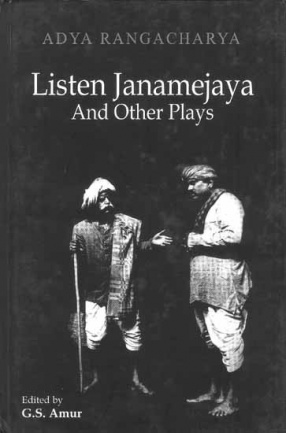
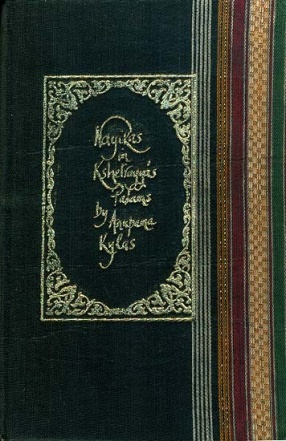
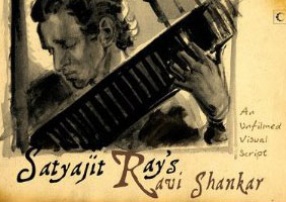

Bibliographic information